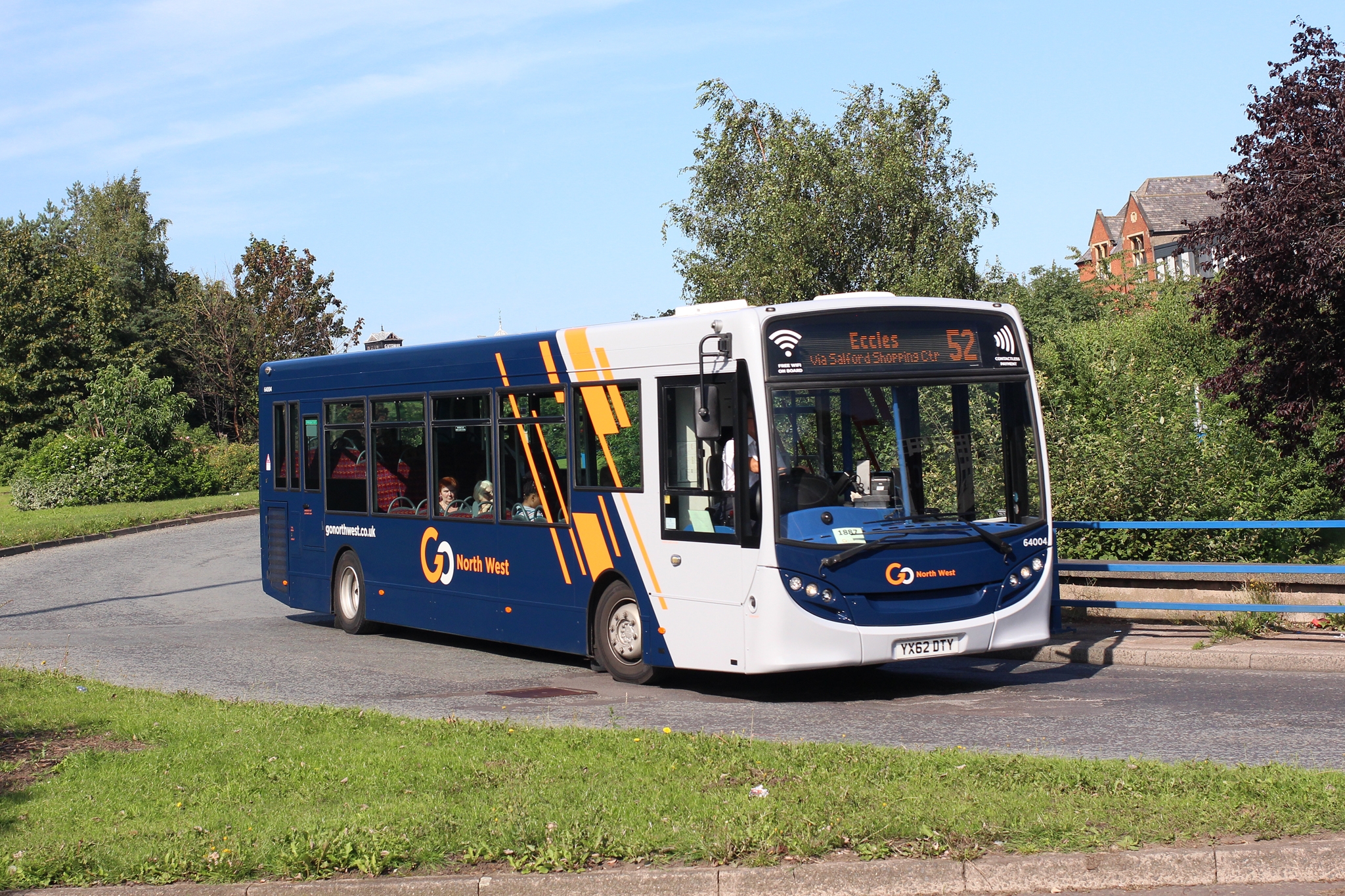August 05 2022
 In this guest blog, CPT's Chairman and Managing Director of Go-Ahead’s regional bus business, Martin Dean reflects on the bus and coach sector's adaptability.
In this guest blog, CPT's Chairman and Managing Director of Go-Ahead’s regional bus business, Martin Dean reflects on the bus and coach sector's adaptability.
Any regular follower of the UK bus and coach industry will be familiar with the multi-faceted composition of our great sector. Never is this more evident than when trying to explain it to visitors from other shores, which will often be along the lines of:
'Outside London there's an open access regime where the operators take the revenue risk and plan frequencies and timings of routes: except where they are socially necessary when this is done by the local authority; all companies are privately owned except for some which are still owned by local authorities; and inside London it is totally different - bus services are planned by the transport authority and operators act as contractors.'
So it goes on. Don't start to mention partnerships and franchising if you want to keep the explanation simple! In short, we’ve got every hue of regulatory regime and ownership and we’re in a period where this is changing again.
Add to that existential risks caused by recovery from a global pandemic, shortages of drivers, the unravelling of “just in time” in the supply chain and the expectation that the sector will move seamlessly into zero emission, and you certainly wouldn't get the impression that the average bus or coach manager has any time to let the grass grow under their feet.
But just as these issues demonstrate the challenges the sector faces it also amply illustrates just how adaptable, resilient and agile we are. This isn't suggesting that we should be triumphalist or rest on our laurels, but it is a rallying cry to suggest that whatever is thrown at us we will get through it. The experience over the years has shown just how chameleon-like we can be - constantly responding in a positive manner to the shifting sands around us.
Covid was a supreme illustration of this adaptability. The bus sector flexed frequencies up and down the UK to accommodate different layers of lockdown. Coach companies were quick to blossom once restrictions were lifted - like those flowers in the desert that wait for the rains to come again before bursting into life. There were deeply regrettable casualties along the way, and we're nowhere near over the impact of the pandemic. But there is a new found optimism, generated by the confidence derived from surviving the very worst sort of crisis that could have been inflicted on us.
As we move forward from this latest phase of the pandemic there are plenty of new challenges.
- How do coaches perform their traditional role in a zero emission landscape?
- How do bus companies interpret their new relationships with transport authorities?
- How do we achieve growth with what appears to be a shrinking pool of labour?
- And how do we make the most of the National Bus Strategy?
The answer of course lies in our continuing adaptability. But to make the most of this spirit of agility that we possess, it is so important for our partners to be equally flexible and give us the space to come up with innovative solutions. We need genuine partnerships with local authorities that deliver game changing bus priority and demand management measures that deliver mode switching; we need regulators and lawmakers to ensure their approach is in tune with the challenges of the time - a good example of this is in the field of Competition Law; and we need clearer relationships with employees' representatives which recognise that in return for attractive terms and conditions productivity needs to keep pace with technological advancement.
If we can work together the sky really is the limit. There is a tendency to categorise bus and coach as a 'bit passé', belonging to the era of the charabanc and mass movement of workers (akin to 'On The Buses') to the local mine or car factory. But we are a great survivor, and providing we can get through the short term challenges as society adjusts out of the effects of the pandemic, there is an amazing future ahead of us.
Recent CPT research reveals the simple fact that without mode switching, the 2050 net zero target will be unattainable. The modal shift will be from cars to buses and coaches. Other newer modes to the market don't have the capacity to deliver what we can do. We are efficient mass movers of people. that meets movement needs in urban areas in the most environmentally efficient way. Resilient, agile and always adaptable!
